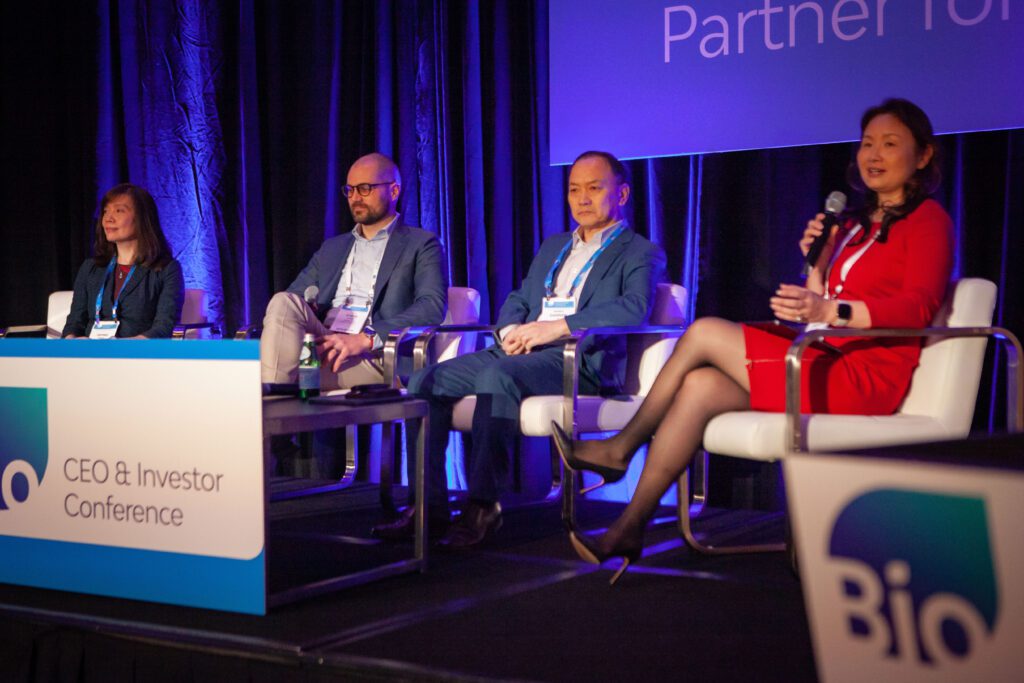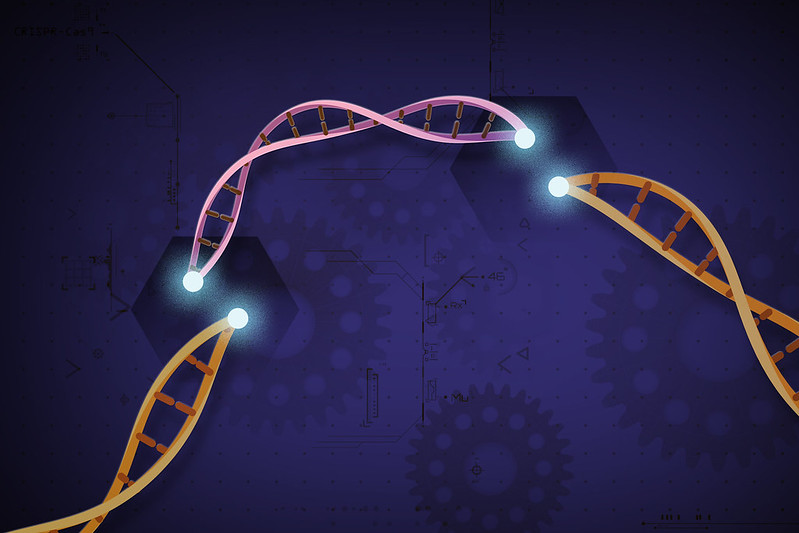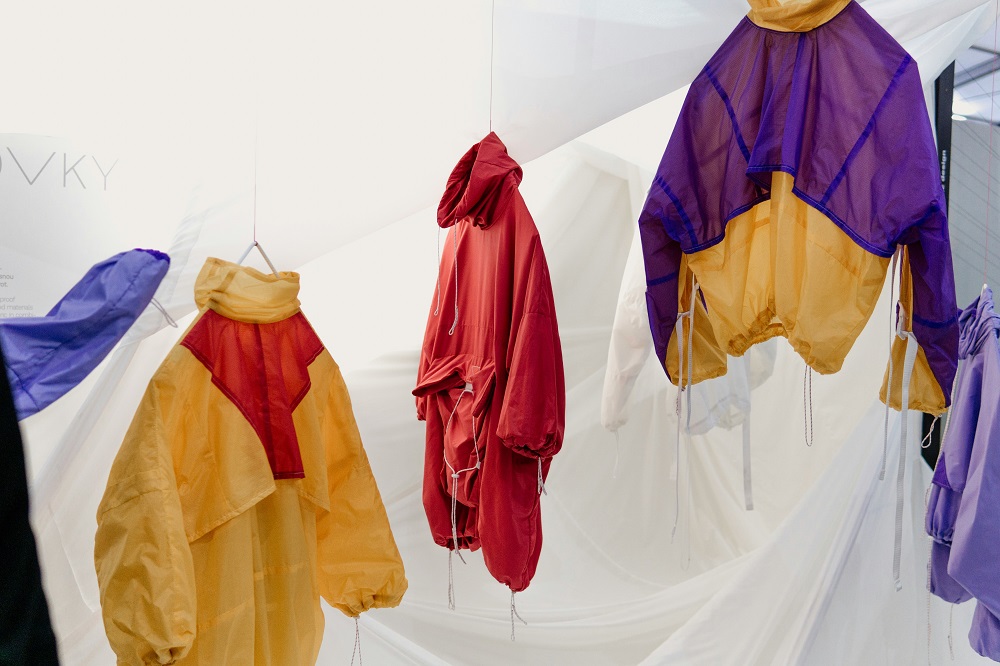“I think we’re in a very exciting time in healthcare and biotech,” said Steven Ladd, Director of Business Development and Acquisitions at AbbVie. “It’s about making the right investments, and if people keep making all the same investments, that’s not good for patients globally.”
How the American biotech industry navigates partnerships with China and Chinese companies is one of the biggest questions on the lips of CEOs and investors. Not only do companies have to keep abreast of the rapidly changing Chinese market from decade to decade, but they also have to navigate the equally choppy waters of international geopolitical dynamics between the U.S. and China.
Yet, speakers on the BIO CEO and Investor Conference panel, Recalculating Risk vs. Opportunity in China Deal-Making, found endless opportunities for optimism. However, collaboration and competition have to be mutually exclusive when it comes to how Chinese and American biotech companies work in tandem.
China is a dynamic, growing market


“We used to call China an emerging market. We can’t call it that anymore. As we say, China is no longer a third-world country. The last one to two years has seen China going from a country of such low scarcity of everything to, what it is now, a country with an abundance of capital,” continued Ji.
Ladd agreed: “In the last few years, there have been a number of high-quality assets and companies that are emerging from China. I think the ecosystem as a whole has really created an environment for growth, not only of assets that can be developed within Mainland China and across Asia, but of global assets that are significant and can have a global impact, as well.”
“I have been a clinical drug developer for many years,” said Yaping Shou, MD, Ph.D., Venture Partner at Lilly Asia Ventures and CEO of Wells Therapeutics. “While I came from a much larger investor background at GSK Novartis, I later transitioned to a small biotech company called Trillium Therapeutics Inc., where I was the CMO.” Her time at Trillium showed her that the Chinese market was productive and growing dynamically. And investors and companies were paying attention: Pfizer later bought Trillium.
“I think we’ll see an industry shift not only in the China biotech landscape,” said Ladd, “but I think in biotech as a whole where maybe partnering occurs a little bit earlier.”
“It’s beyond good chemistry,” Ladd continued. “It’s beyond good clinical data.” His comments hinted at a topic the panel would soon impassionately touch on: Chinese-American collaborations aren’t just good for business, they also for patient care.
Watch Yaping Shou, MD, Ph.D., Venture Partner at Lilly Asia Ventures and CEO of Wells Therapeutics, explain trends in U.S.-China biotech collaboration:
[embedyt] https://www.youtube.com/watch?v=lx58o2eBrg8[/embedyt]
Patient access and care depend on China-U.S. collaboration
As biotech companies, Ladd reminded, “we are agnostic. We scour the earth for better opportunities. I don’t think the profile of opportunities under assessment from China versus Europe versus the United States has changed fundamentally over the last few years.”
Opportunity does not inherently dry up as geopolitical dynamics shift and change. This leaves companies, especially biotech companies, in a kind of ambassador position amongst countries. As the panel mussed, the COVID-19 pandemic proved one thing to be undeniably clear: health care is a global, not a national, issue.
“If you look at human history, homosapiens overcame other species and overtook the world through collaboration,” said Ji. But competitive and geopolitical issues have chipped away at some progress recently. “I don’t think that will sustain,” he added. “If everybody develops products and keeps them close to their chest, then the whole world will not be able to ultimately harmonize together.”
“COVID taught us that diseases do not confine themselves to one country,” Ji continued. “It is the same with every disease, from COVID to cancer. So, I am cautiously optimistic that people will remember that and keep that in mind for future collaborations.”
“As we try to think through and navigate politics, rising above cross-border issues is fundamental because healthcare is a world problem,” said Ladd.
Education is key. “We’re trying to take different steps as we need to and approach partnerships in a way that will improve upon the status quo,” said Shou. “Obviously, there is a lot of the education and communication that we need to work through with the [business and government] partners that we have to be successful.”
And ultimately, the biotech industry, despite the challenges, is still growing dynamically and creating innovation astoundingly fast. The future is today.
“It’s like fishing with dynamite,” Ladd said. “What is happening in the industry today is very exciting.”




